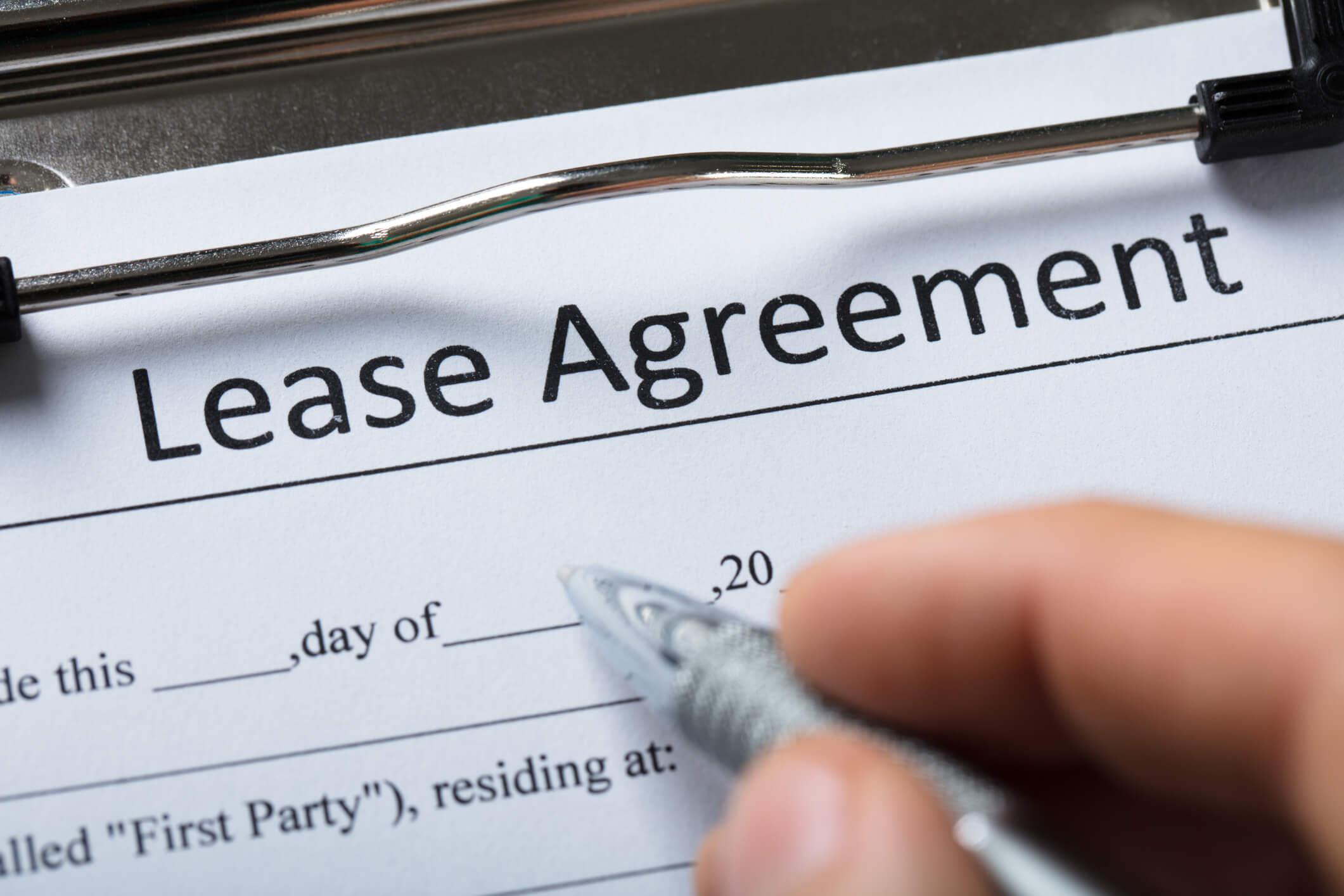Leasing your rental property in Houston is a great way to earn consistent income. Not to mention, having a great tenant takes the hassle out of finding new tenants for your property and saves you lots of money.
But this only works when you have high-quality tenants paying their rent on time and caring for your property.

If you’re ready to stabilize your income and keep renting to the same great tenants you’ve come to love, find out how to approach the lease renewal process. After all, just because you want a tenant to stay, doesn’t mean they will. By following these guidelines for tenant renewals, you’ll boost your chances of landing a long-term tenant.
What is a Lease Renewal?
A lease renewal is when you want to offer existing tenants to stay for another lease term. Most lease agreements last for 12 months. This means that when the 12 months are up, you have to decide whether you want to ask your tenants to stay.
There are a few provisions in original lease agreements you’ll want to add if lease renewals are something you’re interested in:
- Rent Increase Option: this is not required to include in a lease agreement. But tenants don’t like surprises or wondering if their rent will increase. If you know there’s a chance you will increase the rent with a lease renewal, consider adding this to the lease.
- Lease Terms: outline the length of the new lease term. It could be for a full term, a shorter term, or even be on a month-to-month basis.
- Automatic Lease Renewal: this is a popular lease provision that makes lease renewals easier for everyone involved. Include information about notices that you or your tenants must provide should either party not want to renew the lease.
Lastly, you must create a brand-new lease agreement – separate from the original lease – when offering your tenants to stay another term. Your tenants will have to agree to any changes made to the lease and sign, just as they did with the original lease.
How to Approach Lease Renewals
1. Decide If You Want to Offer a Lease Renewal
Lowering tenant turnover is always the end goal as a landlord. However, keeping bad tenants in your Houston property to avoid a vacancy will backfire.
If your tenants do any of the following, reconsider offering a lease renewal:
- Late, partial, or non-payment of rent
- Damaged property
- Lease provision violations
- Constant complaints and demands
- Inability to get along with your property manager
Finding the right tenants for your Houston rental property can be tough without a strict tenant screening process in place. However, if you use a reputable property management company to help, chances are the tenants in your rental will not do any of the above and you’ll be able to offer a lease renewal.
2. Choose a Lease Term Length
Once you’ve decided to offer your current tenants a lease renewal, it’s time to decide on the new lease term length.
Here are some of your best options:
- One-Year Lease: this is the typical lease term length, though it can vary. Some landlords like to extend the lease term to secure long-term tenants for a few years.
- Short Term Lease: if you want your tenants to renew, but aren’t sure if you want them to stay for an entire term, offer 6- or 8-month lease terms instead. This may work if you’re thinking about selling or giving up on your career as a landlord. This way, you won’t be stuck with tenants for too long but will be able to collect rent while you make a final decision about your future.
- Month-to-Month Lease: sometimes you’ll want to extend a lease renewal to your tenant, but your tenant isn’t sure about how long they want to stay. One way to resolve this is to allow for a month-to-month lease term. This will allow you to collect rent until your tenants decide they want to leave. Keep in mind, however, a month-to-month lease usually leaves very little time for you to prepare your rental for new tenants. This is because your existing tenants usually only need to provide a 30 days’ notice that they’re leaving.
The length of your lease renewal term will depend on what you want to do with your property long-term. That said, if you can secure a long-term tenant, you’ll benefit the most in the long run.
3. Draft a New Lease Agreement
Remember, a new lease term needs a new lease agreement that both parties agree to and sign. If you aren’t sure how to do this, you can always hire an experienced property manager in Houston to help. After all, 63.3% of rental property owners work with a property manager already.
Your new lease agreement will have the following types of changes:
- New lease term start and end dates
- Rent increases if, after your Free Rental Analysis, you determine the market will allow it
- Removal of security deposit information
- Information about last month’s rent if you collected it during the first term
In addition, you might want to bend on your no-pet policy or allow your tenants to make temporary interior changes so they feel more at home. Rewarding long-term tenants is always a good way to encourage them to stay.
4. Offer Your Tenants a Lease Renewal
The only way to find out whether your tenants want to stay for another lease term is to offer them a lease renewal. However, the trick to securing more lease renewals is to give your tenants plenty of notice.
We recommend giving tenants at least 60 days to decide whether to renew with you or not. This way, they know ahead of time you want them to stay and won’t start looking elsewhere. Plus, if they do decline your offer, you’ll still have time before the end of their lease to start screening for new tenants.
Remember, people decline lease renewals for all sorts of reasons. For example, they might be moving out of state, growing their family, or looking for a home closer to their work. In the end, it’s not always personal.
That said, here are some of the best ways to convince tenants to renew their lease with you:
- Work with a reliable local property management company
- Prioritize communication with your tenants
- Stay on top of maintenance and repairs
- Offer an incentive to stay (rent discount, gift card, utility payment, property upgrade)
- Allow pets in your current no-pets-allowed rental
- Consider not increasing the rent
Again, rewarding high-quality tenants that want to continue leasing from you is worth the bit of flexibility or loss in immediate profit. 35% of intentional property investors claim that filling vacancies is their top source of stress. By avoiding a vacancy and having to place a new tenant, you’ll end up with a higher ROI in the long run and a lot less hassle to deal with.
5. Review the Lease Renewal and Sign
Much like you do with an original lease agreement, you have to go over the lease renewal with your tenants and sign in the dotted line. This way both parties are aware of any changes that were made and understand their respective responsibilities.
Final Thoughts
Are you in need of property management in Houston to help you with lease renewals? Then contact us today and see how we can help.
At Residential Leasing and Management Corp., we know how tough it can be to secure long-term tenants in a competitive rental market. To keep your costs low and your profits up, we work hard to screen for the best tenants possible that want to renew with you year after year. But more than that, we strive to make customer service our number one priority.
At the end of the day, tenants will stay with landlords that keep them satisfied all the time. With our experienced Houston property managers, your tenants won’t hesitate to sign a lease renewal with you. So, sit back and let us handle the lease renewals for you. All you have to do is collect rent each month and enjoy the income your investment property generates.





